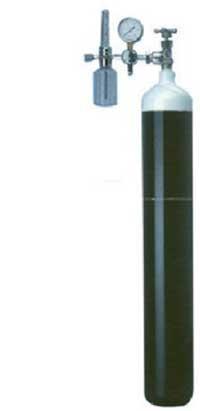Reply To:
Name - Reply Comment
 By Sheain Fernandopulle
By Sheain Fernandopulle
While saying that oxygen is considered the most important medical need for COVID-19 at present, the Association of Medical Specialists (AMS) said stocks of oxygen are likely to be in short supply and therefore the authorities must take all necessary steps to avoid a crisis.
AMS President Dr. Lakkumar Fernando said since there is no firmly established cure for this disease, symptomatic treatment is the mainstay till the recovery is reached.
“However, Oxygen and ICU care play a crucial role in critical cases and we should ensure that there will be a constant and uninterrupted availability of oxygen supplied beds if we are to avert a disaster. Apparently, being a financially stronger regional giant, India is facing immense hardships due to shortage of oxygen right now,” he pointed out.
“To the best of our knowledge, there are two companies that supply oxygen to health care facilities and these manufacturers can easily increase their production almost threefold. Together they now produce around 75 tons of oxygen per day of which a portion is supplied for industrial use. They can divert all their oxygen production to the health sector if the need arises and Sri Lanka has sufficient source of supply,” Dr Fernando underlined.
“However, the more important issue is the delivery of this oxygen to patient’s bedside. The best way to do this is to have piped oxygen distributed from a central liquid oxygen tank rather than using cylinders. Unfortunately, the whole country only has 28 such liquid oxygen tanks installed in hospitals. The sizes range from 3,000 to 20,000 litres, but there are only two 20,000 size tanks one each at National Hospital and Peradeniya and others are relatively smaller. With the current Covid being highly transmissible, taking patients to hospitals with larger tanks may not be an option as many of these hospitals mainly cater to non-covid patients,” he said.
Dr. Fernando also said spreading the disease within a hospital could also result in disaster. “With this, the system will still have to largely depend on jumbo cylinders where each can carry 47 liquid litres that produce 7,050 gas litres of oxygen. Managing oxygen between hospitals and delivering to the individual patient will certainly need intelligent planning and extreme coordination of production, storage and efficient delivery. For this, we need to utilise the services of relevant experts in these fields to design and implement the best national plan, and it should be kept strictly apolitical. If such action is not taken in this crucial juncture, we will be another nation who has “planned to fail” as we have “failed to plan”, he stressed.